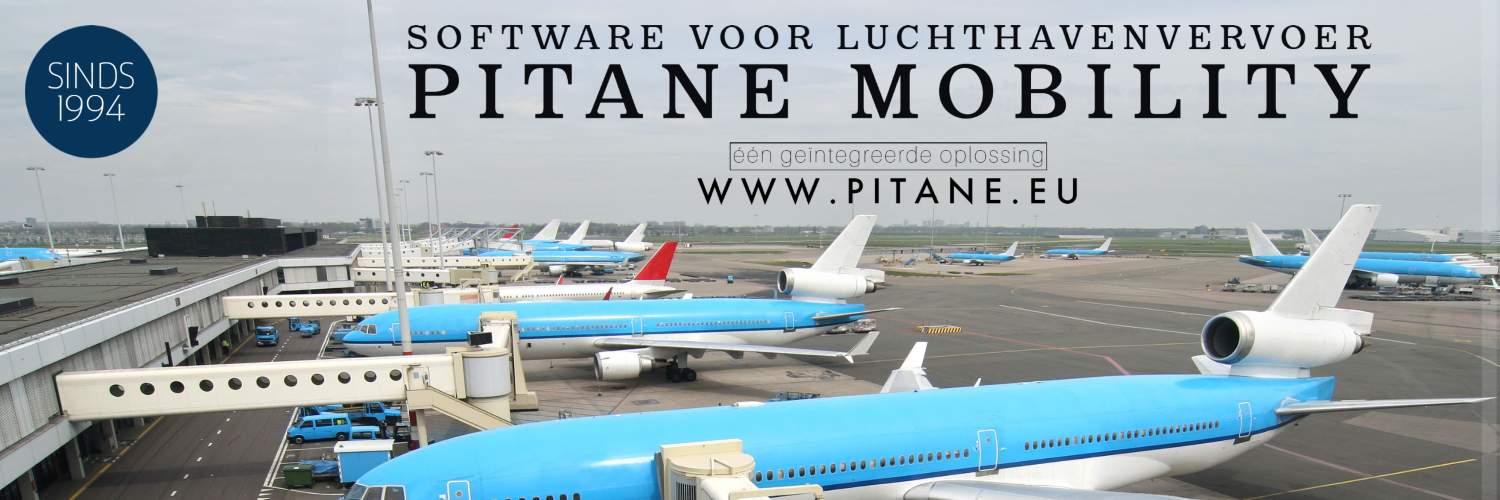Keeping track of your CO2 footprint and registering kilometers as a company sounds like another obligation.
From next year, organizations with more than 100 employees in the Netherlands must report all work-related employee mobility of employees. Each company will have to register this report via a platform built by the Netherlands Enterprise Agency (RVO). The calculation of the CO2 footprint is then done through the platform. As an entrepreneur you get from mobility headache and nagging it is sometimes said, but it is not necessary.
Your CO2 footprint, also called CO2 footprint, is the impact you have on the earth as an individual or as a company through the emissions you generate, both directly and indirectly. A CO2 footprint provides insight into the effect you have on the environment.
Suppliers are rolling up their sleeves to set up another IT system to keep track of that CO2 footprint. The scheme is intended to save one megaton of CO2, which corresponds to the total consumption of 120 thousand households. Even if it is not yet entirely clear how the registration obligation will work out, many companies are already working on smarter mobility. Because in addition to being sustainable, it is also often cheaper and it makes you as a company more attractive to staff.

Whether you work from home or travel for work, there are several apps on the market that can recognize exactly what you are doing. For example, an impact-driven tech company from Breukelen shows in the app of fynch companies employees also see their personal carbon footprint. And compare this with a certain average and, for example, with your twenty most sustainable colleagues. Nobody wants to keep track of business travel movements, but with Fynch it's so easy. According to the developers, what makes the Fynch app special is the mobility configurator.
“If we choose to come to work in a sustainable way, it would be a big step for the climate. This scheme is intended to encourage that. Working from home, using public transport or cycling to work or with an electric car or electric scooter are options that employees and employers will hopefully think about more.”
State Secretary Vivianne Heijnen
It is never possible to get everyone out of the car. Many areas in the Netherlands are not even properly accessible by public transport. In the Randstad and around densely populated areas it will probably work, but in Veeningen or Haakswold it will probably be a lot less successful. The Netherlands wants to emit 2030% less CO55 by 2 compared to 1990, and 2050% less by 95.
commuting
There are approximately 8000 organizations with 100 or more employees in the Netherlands. In total, more than 60 percent of all employees work there. From 1 January 2023, they report annually on work-related personal mobility. This concerns the total of business and commuter kilometers traveled by employees.
Both the employers' association VNO-NCW and the Association of the Dutch Chemical Industry (VNCI) also insisted that the measurement obligation should not violate the privacy of employees.

In the climate agreement the measures that sectors will take over the next 10 years to achieve the CO2 reduction targets. The national government is committed to an excellent business climate. Ministries draw up policy for this. The task of implementing this policy lies with the Netherlands Enterprise Agency (RVO). If your company has 100 employees or more, you must report every year on your business traffic and the commuting of your employees. This concerns, for example, the number of car kilometers travelled, broken down by type of fuel.
The government wants to reduce CO2 emissions. This can be done by driving fewer kilometers or making more use of bicycles, public transport or electric transport. You do not need to report on the real exhaust emissions. The Amendment to the Activities of the Living Environment (Bal) and the Environmental Decree in connection with limiting emissions of carbon dioxide from traffic is expected to take effect on 1 July 2023, but why not start registering as of the new year?




